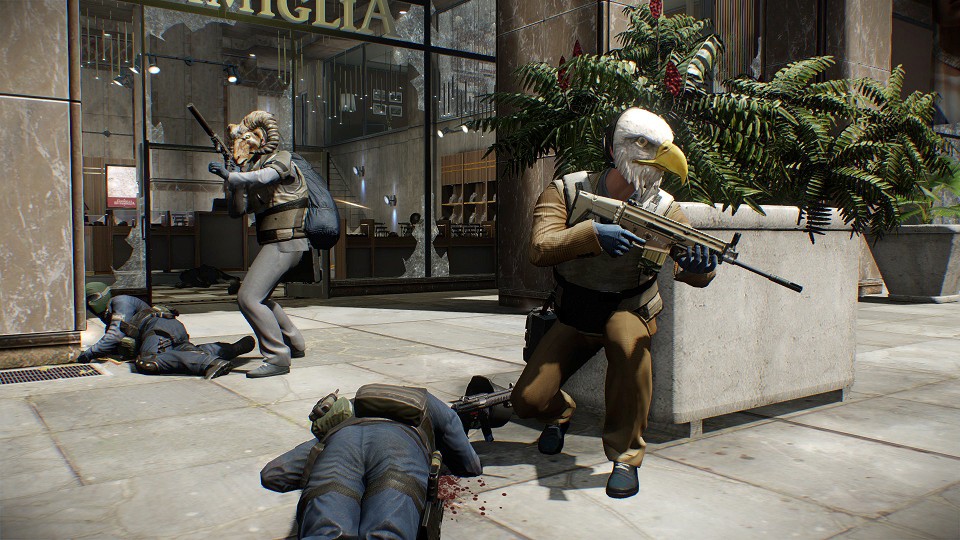Come this January, Co-Optimus will have been in operation for seven years. In that span of time, we’ve added over 2500 games to our database and reviewed over 500 games. Some of these games are great, others… well, why is it that some co-op just doesn’t seem to work? Our staff weighs in on the matter and how co-op can do better.
Encourage Co-Op Behavior
It is natural to think that because a game has a co-op mode or co-op campaign that players will work together to achieve the common goal. After all, the whole point of a “co-op mode” is just as the title suggests: to play the game with others in a cooperative fashion. As all players inherently want to beat the game, it would only be natural to think that there’s no need to encourage cooperative behavior and that that is motivation enough. However, a little bit of encouragement goes a long way.
A percentage of any co-op players’ experience with a random group of other players likely entails playing with someone that is not “exhibiting ideal co-op behavior.” While most players will do their best to work as a team, without a direct form of communication (and oft times there is a hesitancy to hop on the mic with people you don't know) or a specific incentive to cooperate, some players will simply look out for themselves. They will run off and do what they know works and then wonder why the team fails. This is not cooperation; it is a group of players that happen to be playing the same game.
A perfect example of this is PAYDAY 2. The game tosses a group of players into a situation where they have to work together to try and pull off a heist. Things can go very well when working as a carefully coordinated team, or very poorly. The penalty for things going poorly is that the police arrive before any of the heisting has really taken place, but that doesn’t end things right away; the heist can still be completed. The addition of police and SWAT are not enough of a deterrent to guide players into working as a team rather than as a group of four loose cannons looking to score some money. In other words, the game assumes automatic cooperation but has no mechanics in place to truly encourage this idea.

On the other side of this, there’s the Left 4 Dead series. Players are free to run off and do their own thing, but the game actually detects this behavior and will throw a situation at the players that will undoubtedly mean the death of at least that person, if not the entire team. Have this happen once, you might call it a fluke. Two or three times and subtly you are guided towards sticking with the group and working as a team to clear the level. Or, as Sam Tyler summarized it:
Go it alone and die, stay together and the game plays better
The developers did not assume that the premise/setup of the game would be enough to get players to work together. Instead, they added just a few elements that helped to encourage player cooperation.
Just because a game is cooperative, it doesn’t mean players will behave that way. Assuming automatic cooperation is a fallacy and employing subtle mechanics that guide players towards the desired cooperative outcome leads to a better experience overall.
